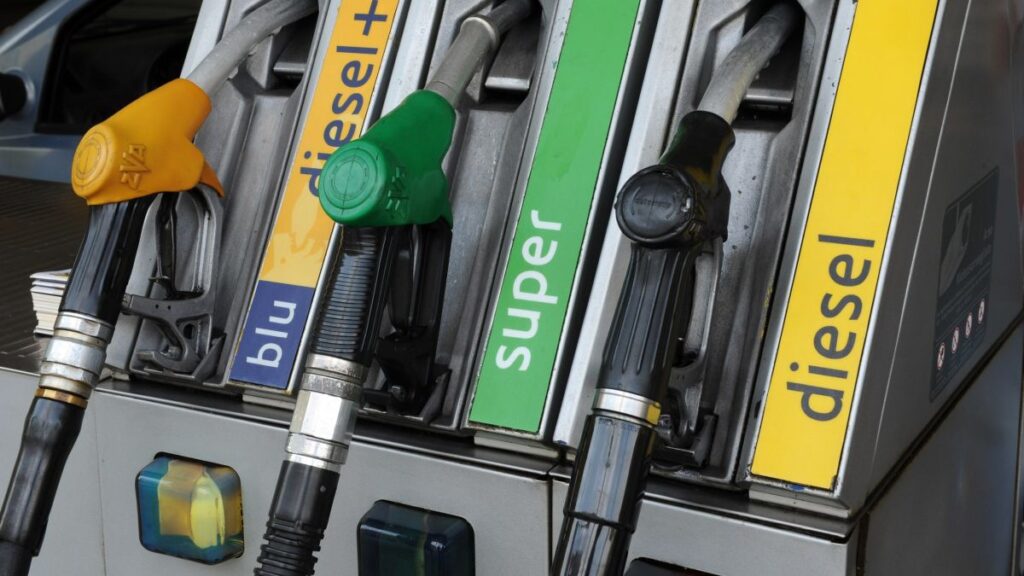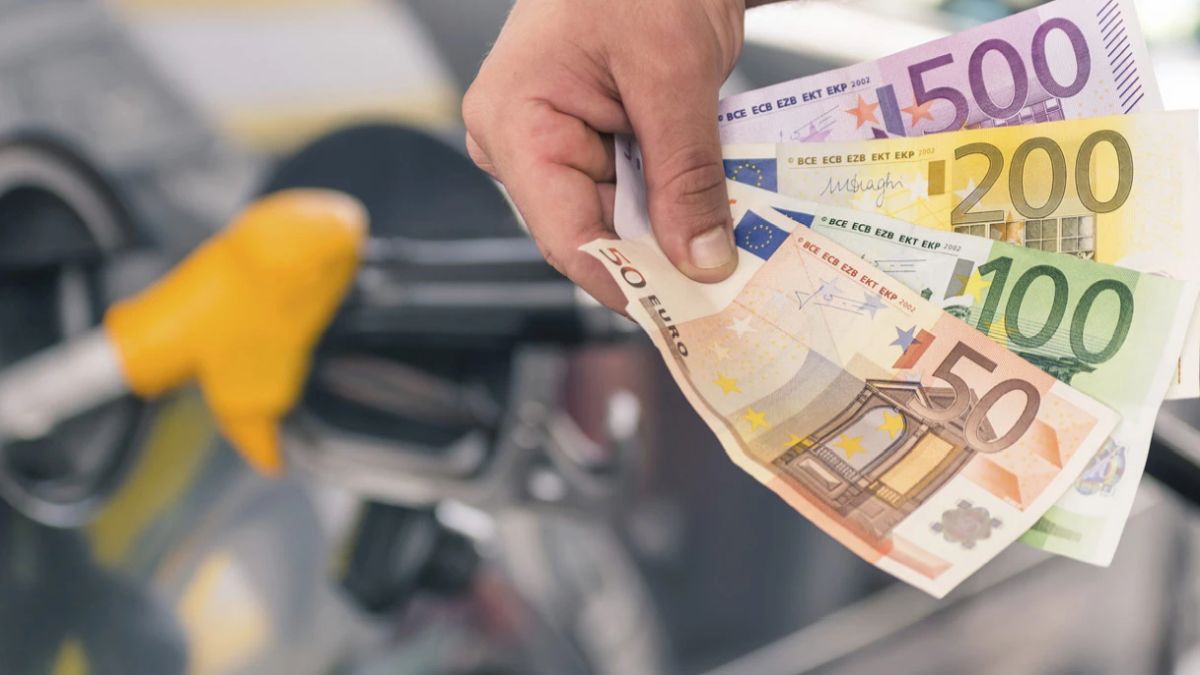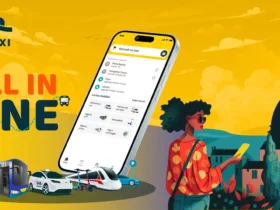With the expensive fuel that shows no signs of stopping, the Italian government is studying a maneuver to reduce excise duties and VAT which, together, weigh on the final price of a liter of fuel for 64%. A first intervention will be in the “package of anti-crisis measures” which should be discussed by the Council of Ministers in the middle of the week, probably as early as Wednesday 16 March. With the reduction of excise duties, if the project goes through, Italian motorists would immediately see savings, at least, of the 10% on the cost of fuel.
The entire center-right is compact on the cut in excise duties and VAT. The leader of the League, Matteo Salvini, asks that the Italian government and the EU give exceptional responses, blocking VAT and excise duties. And with the Italian excise duties “among the highest in Europe”, the force worker Anna Maria Bernini calls for “a new, urgent budget shift”. On the same wavelength too the president of Fratelli d’Italia Giorgia Meloni who urges, in a short time, an intervention by the Government: “There is no longer a minute to lose, not stopping the speculators means playing their game. The government intervenes. Now”.

The left, for its part, points the finger at oil companies, which are indicated as the main culprits of expensive fuel, even more than excise duties and VAT. According to the secretary of the Democratic Party Enrico Letta, “the government must intervene as it does when faced with a scam, with a straight leg and immediately”. She chooses a slightly different path Patty L’Abbate, senator of the 5 Stars and member of the ecological transition committee who would like taxation of the extra profits of oil companies.
Dear fuels, how much excise taxes weigh on the final price
The excise is in practice a tax that the state imposes on the sale of consumer products. As regards those taxes on the purchase of fuels, in Italy, they have been included to “help” the state financially when it has had to shell out a lot of money to deal with some emergencies that have occurred over the years, such as a natural disaster or even a war. Since 1995, the twenty or so excise duties have all been incorporated into a single undifferentiated tax that no longer refers to the reason for which they were included. But let’s not forget that as users, or rather, motorists, we are still paying 0.00516 euros for aid to the city of Florence after the 1966 flood, or 0.00723 euros for financing the 1956 Suez crisis. But as mentioned there are many others, such as those that refer to the earthquakes of Irpinia (1980) and Friuli (1976). The most recent is € 0.0024, dated 2014, for the financing of some expenses of the Fare “Nuova Sabatini” decree:
In practice, according to the Excise, Customs and Monopolies Agency (ADM), based on the latest survey of 7 March on a thousand liters of petrol, 728.40 euros of excise duty are paid. Something less you pay for diesel (617.40 euros). Summing up on an average of 1.953 euros per liter of petrol, 728.4 cents are paid for excise duties and 352.21 cents for VAT: this means that a liter of “net” petrol costs 872.5 cents. For diesel, with a raised average price of 1.829 euros per liter, excise duties account for 617.4 cents while VAT amounts to 329.8 cents, thus giving a net price of 872.5 cents.
















Leave a Reply
View Comments